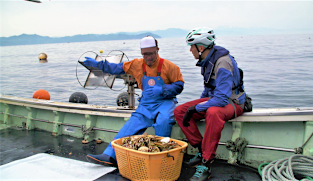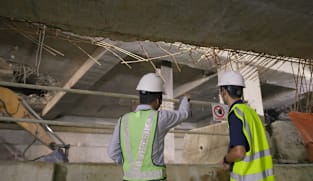Koh Lian Pin on supporting healthcare
Singapore must invest in mental health in its academic community to develop more effective and “bespoke” solutions, said NMP Koh Lian Pin. Speaking in Parliament on Wednesday (May 10), he called for more mental health support services, including workshops, support groups and mental health professionals, to create an ecosystem of affordable and accessible mental health resources on campus for those in need. He also called for greater efforts to raise awareness and reduce the stigma associated with mental health in academia. There should be a culture of openness and support by providing training for senior faculty and staff to identify and support individuals who may be struggling, he said. He also stressed the need to do more to “normalise” a healthier work-life balance in academia by providing more opportunities for remote work and flexible schedules, and creating policies that limit after-work emails and meetings. He said helping academia is not just a moral imperative, but also an economic one. Addressing mental health in academia is critical for Singapore to succeed as a knowledge and innovation hub, attract and retain top talents, as well as build a resilient workforce and society, he said.
Singapore must invest in mental health in its academic community to develop more effective and “bespoke” solutions, said NMP Koh Lian Pin. Speaking in Parliament on Wednesday (May 10), he called for more mental health support services, including workshops, support groups and mental health professionals, to create an ecosystem of affordable and accessible mental health resources on campus for those in need. He also called for greater efforts to raise awareness and reduce the stigma associated with mental health in academia. There should be a culture of openness and support by providing training for senior faculty and staff to identify and support individuals who may be struggling, he said. He also stressed the need to do more to “normalise” a healthier work-life balance in academia by providing more opportunities for remote work and flexible schedules, and creating policies that limit after-work emails and meetings. He said helping academia is not just a moral imperative, but also an economic one. Addressing mental health in academia is critical for Singapore to succeed as a knowledge and innovation hub, attract and retain top talents, as well as build a resilient workforce and society, he said.



















